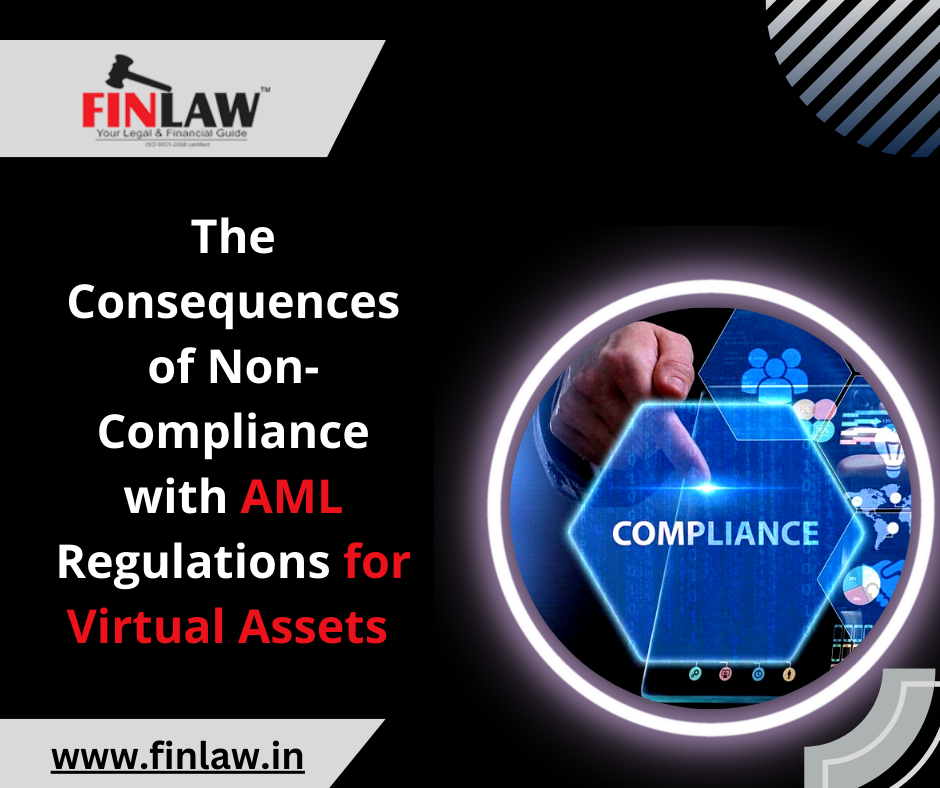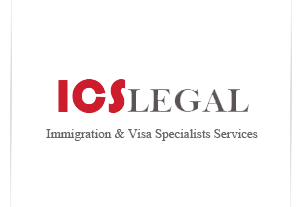Compliance with Anti-Money Laundering (AML) regulations for virtual assets is a critical aspect of the evolving landscape of digital currencies and virtual assets. As the use of virtual assets, such as cryptocurrencies, continues to grow, regulators and governments around the world have implemented AML regulations to combat money laundering, terrorist financing, and other illicit activities. In this article, we will explore what compliance with AML for virtual assets entails and why it is crucial for businesses operating in this space. Non-compliance with Anti-Money Laundering (AML) regulations for virtual assets can result in severe consequences. These may include regulatory fines, penalties, and sanctions, which can have a significant financial impact on businesses and individuals involved in virtual asset transactions. Non-compliance can also result in reputational damage, loss of customer trust, and legal liabilities, leading to long-term negative consequences for businesses. Additionally, regulatory authorities may impose restrictions or even shut down operations of virtual asset service providers that fail to comply with AML regulations. Therefore, AML for virtual asset businesses is to avoid legal, financial, and reputational risks.
Compliance with AML regulations-
AML regulations are designed to prevent criminals from using virtual assets as a means to launder money or finance illegal activities. Virtual assets, such as cryptocurrencies, are decentralized and often operate across borders, making them attractive to criminals seeking to circumvent traditional financial systems’ scrutiny. AML regulations for virtual assets aim to establish a robust framework for identifying, detecting, and preventing money laundering and terrorist financing activities in the virtual asset ecosystem.
Compliance with AML regulations for virtual assets involves several key elements. First, virtual asset service providers (VASPs), including cryptocurrency exchanges, wallet providers, and other businesses dealing with virtual assets, are typically required to register with relevant regulatory authorities and obtain the necessary licenses or permits to operate legally. These registrations and licenses may be subject to ongoing compliance requirements, such as periodic reporting, record-keeping, and audits.
Second, VASPs are often required to implement robust customer due diligence (CDD) procedures. CDD involves verifying the identity of customers, assessing their risk profiles, and monitoring their transactions for suspicious activities. This may include collecting and verifying customer information, such as names, addresses, and identification documents, and conducting enhanced due diligence (EDD) for high-risk customers or transactions. VASPs may also be required to implement systems for monitoring and reporting suspicious activities, including large transactions, transactions to high-risk jurisdictions, or transactions involving known or suspected criminals or terrorists.
Third, compliance with AML for virtual assets may involve implementing robust transaction monitoring systems. These systems use various techniques, such as pattern recognition, behavioural analysis, and artificial intelligence (AI) algorithms, to detect potentially suspicious activities, such as unusual transaction patterns, multiple transactions just below reporting thresholds, or transactions involving known or suspected illicit activities. Transaction monitoring systems are crucial for VASPs to identify and report suspicious activities to the relevant authorities, as required by AML regulations.
Fourth, compliance with AML for virtual assets may also involve implementing sanctions screening procedures. Sanctions screening involves checking customer names, addresses, and other information against relevant sanctions lists issued by governments and international organizations. This helps VASPs identify and block transactions involving individuals, organizations, or countries subject to sanctions, and prevent them from using virtual assets for illicit purposes.
Fifth, VASPs may be required to establish risk-based AML policies and procedures tailored to their specific business models and risk profiles. This may involve conducting regular risk assessments to identify and assess the money laundering and terrorist financing risks associated with their operations and implementing appropriate mitigating measures. Risk-based AML policies and procedures should be regularly reviewed and updated to ensure they remain effective in addressing the evolving risks associated with virtual assets.
Sixth, compliance with AML for virtual assets may involve establishing a strong compliance culture within the organization. This includes providing regular AML training and awareness programs for employees, establishing internal controls and reporting lines, and conducting internal audits to ensure compliance with AML policies and procedures. A strong compliance culture is essential for businesses operating in the virtual asset space to demonstrate their commitment to compliance and minimize the risk of regulatory violations.
Finally, compliance with AML regulations for virtual assets may also involve establishing effective partnerships and information-sharing arrangements with other VASPs and relevant authorities.
The rise of virtual assets, including cryptocurrencies, has brought new challenges for financial regulators in the fight against money laundering and terrorist financing. Anti-money laundering (AML) regulations are designed to prevent the use of the financial system for illicit purposes and to detect and deter money laundering and terrorist financing activities. However, compliance with AML regulations is still a major issue for virtual asset service providers (VASPs). In this article, we will discuss the consequences of non-compliance with AML regulations for virtual assets.
The Importance of AML Regulations for Virtual Assets
Virtual assets are often characterized by their decentralized nature and lack of regulation, making them vulnerable to illicit activities. These include money laundering, terrorist financing, and other financial crimes. Therefore, AML regulations are essential for virtual assets to ensure the integrity of the financial system and prevent illicit activities.
The Financial Action Task Force (FATF), an intergovernmental organization that sets global standards for AML regulations, issued a recommendation on virtual assets and virtual asset service providers (VASPs) in 2019. The FATF recommends that VASPs comply with the same AML and counter-terrorist financing (CFT) standards as traditional financial institutions.
Non-Compliance with AML Regulations-
The consequences of non-compliance with AML for virtual assets can be severe. Failure to comply with AML regulations can lead to legal and financial penalties, reputational damage, loss of customers, and even the suspension or revocation of a VASP license.
Legal and Financial Penalties
VASPs that fail to comply with AML regulations can face legal and financial penalties. For example, in 2020, the US Department of Justice filed a civil complaint against BitMEX, a major cryptocurrency exchange, for violating AML regulations. BitMEX was accused of operating an unregistered trading platform and failing to implement AML and CFT measures. The company settled the charges by paying a $100 million penalty and implementing AML and CFT measures.
Reputational Damage
Non-compliance with AML regulations can also damage a VASP’s reputation. Customers may lose trust in a VASP that fails to comply with AML regulations, leading to a loss of business. The reputational damage can also affect a VASP’s ability to attract new customers and investors.
Loss of Customers
Non-compliance with AML regulations can lead to the loss of customers. Customers are increasingly aware of the importance of AML regulations, and they are more likely to use VASPs that comply with these regulations. A VASP that fails to comply with AML regulations may lose customers to competitors who comply with these regulations.
Suspension or Revocation of License
A VASP’s license can be suspended or revoked if it fails to comply with AML regulations. In 2018, the Japanese Financial Services Agency (FSA) suspended two cryptocurrency exchanges, Bitstation and FSHO, for a month for failing to implement adequate AML measures. The FSA also ordered both exchanges to improve their AML measures.
Conclusion
Compliance with AML regulations is essential for virtual asset service providers to prevent the use of virtual assets for illicit purposes. Failure to comply with AML regulations can have severe consequences, including legal and financial penalties, reputational damage, loss of customers, and the suspension or revocation of a VASP license. AML for Virtual asset service providers must ensure that they comply with AML regulations to maintain the integrity of the financial system and prevent illicit activities.





